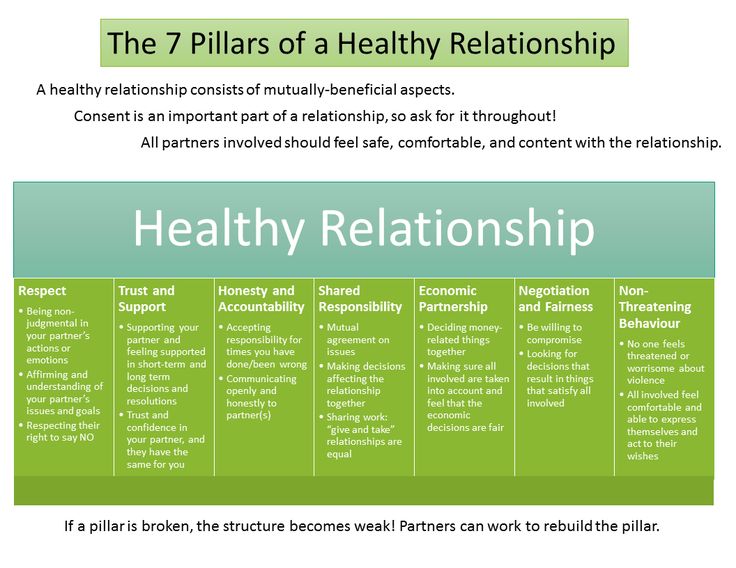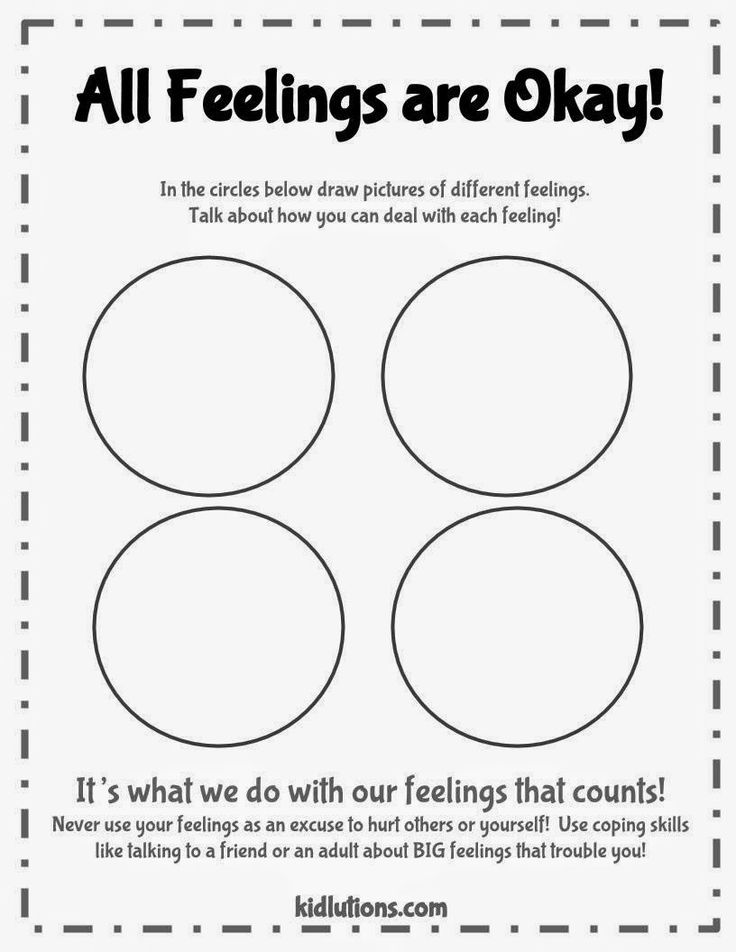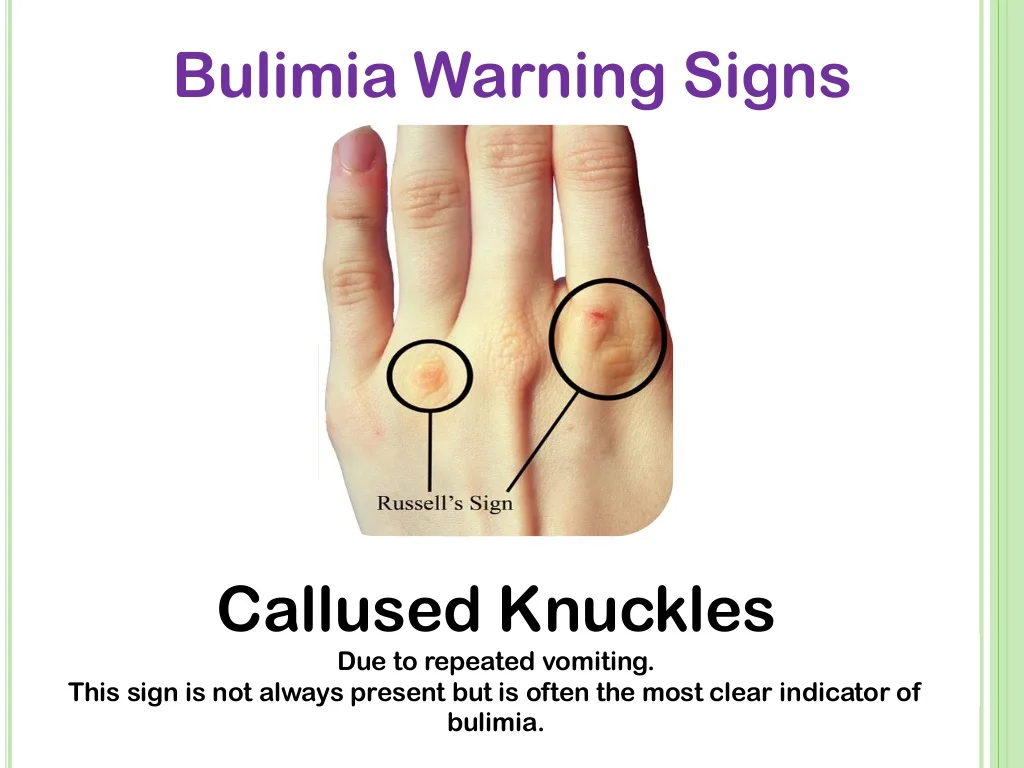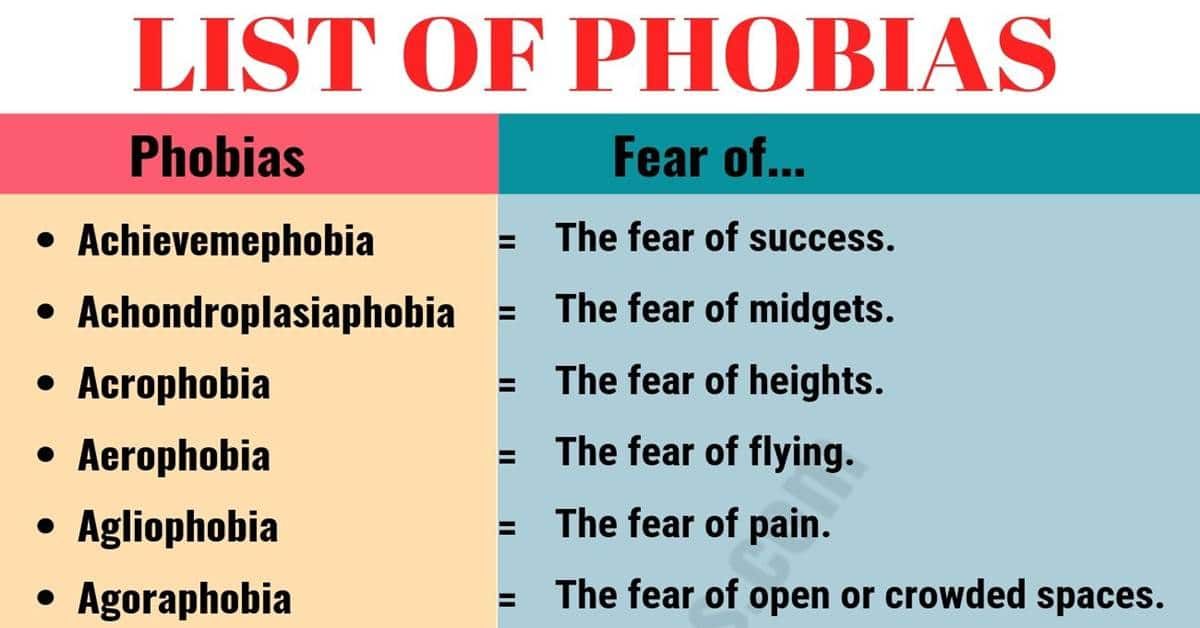What herbs help with anxiety
Herbs for anxiety: 9 calming options
People with anxiety sometime consider herbal remedies as an alternative to prescription drugs. This may be because some medications, for example, beta-blockers or benzodiazepines, can have unwanted side effects.
It is important to talk to a doctor before reducing or stopping prescription medication or starting an herbal supplement. Some herbs can cause side effects or interact with other medications.
Here, we describe 9 herbs and supplements that could help to alleviate anxiety.
Ashwagandha or Withania somnifera is among a group of herbs called ‘adaptogens’.
Adaptogens affect systems and hormones in the body that regulate a person’s stress response.
Ashwagandha has a long history of use in traditional Indian, or Ayurvedic, medicine.
A small 2019 clinical trial investigated the efficacy of ashwagandha for stress and anxiety.
The 8-week study involved 58 participants with perceived stress. Each participant randomly received one of three treatments: Ashwagandha extract at doses of either 250 milligrams (mg) per day or 600 mg per day, or a placebo.
The participants who took ashwagandha showed less of the stress hormone cortisol than those in the placebo group. They also experienced improved sleep quality.
Participants who took 600 mg of ashwagandha reported significantly reduced stress levels. However, participants who took the lower dose of ashwagandha did not report a reduction in stress.
In another 2019 study, 60 participants with mild anxiety received 250 mg of ashwagandha or placebo for 60 days. Those taking the herb showed a significant reduction in some measures of anxiety but not others.
People can take ashwagandha as a tablet or in liquid tincture form.
Chamomile is a flowering herb similar in appearance to a daisy. There are two types of chamomile that people can use medicinally: Roman chamomile and German chamomile.
Some people use chamomile in the following forms to help relieve stress and anxiety:
- tea
- extract
- tablet
- skin cream
A 2016 clinical trial investigated the efficacy and safety of chamomile as a long-term treatment for generalized anxiety disorder (GAD).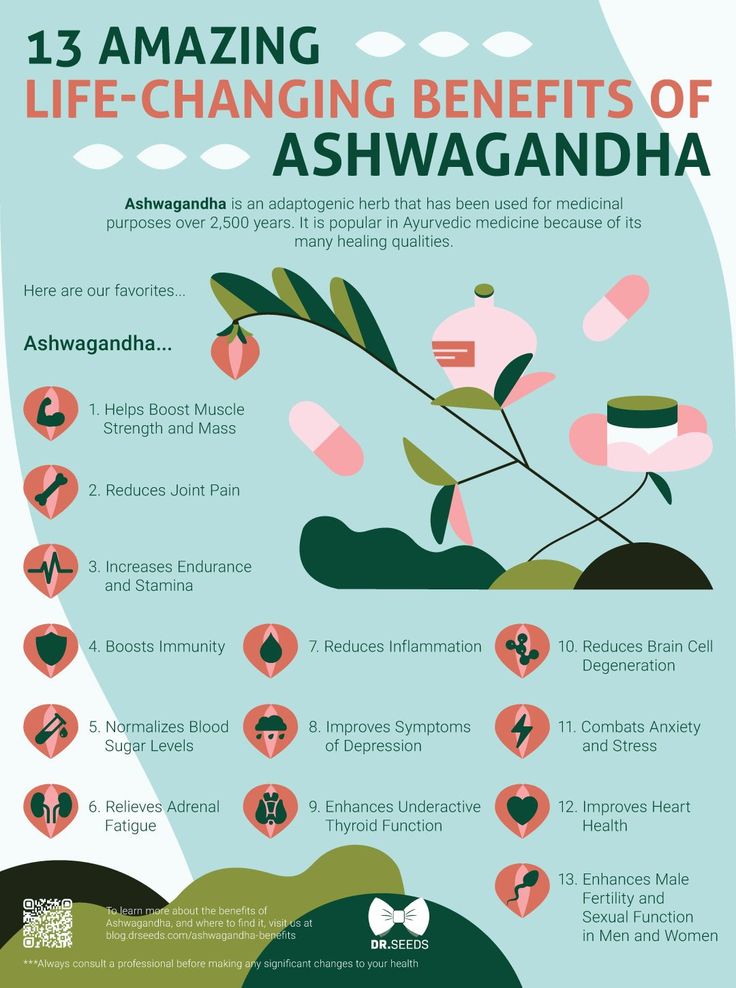
All 93 participants received 1,500 mg of chamomile daily for 12 weeks. Some then continued taking chamomile for the next 26 weeks, while the remainder switched to a placebo.
Researchers observed that those participants who continued taking chamomile were no less likely to experience a relapse of GAD symptoms than those switching to placebo. However, when relapse did occur, the symptoms were less severe.
Some people may experience allergic reactions to chamomile, particularly if they experience reactions to the following plants:
- ragweed
- chrysanthemums
- marigolds
- daisies
Chamomile may interact with certain drugs, including the blood thinner warfarin, and the antirejection drug cyclosporine.
Anyone taking any type of medication should check with their doctor before consuming chamomile teas or supplements.
Valerian or Valeriana officinalis is a plant native to Europe and Asia. For many centuries, people have used the root to help treat sleep problems, anxiety, and depression.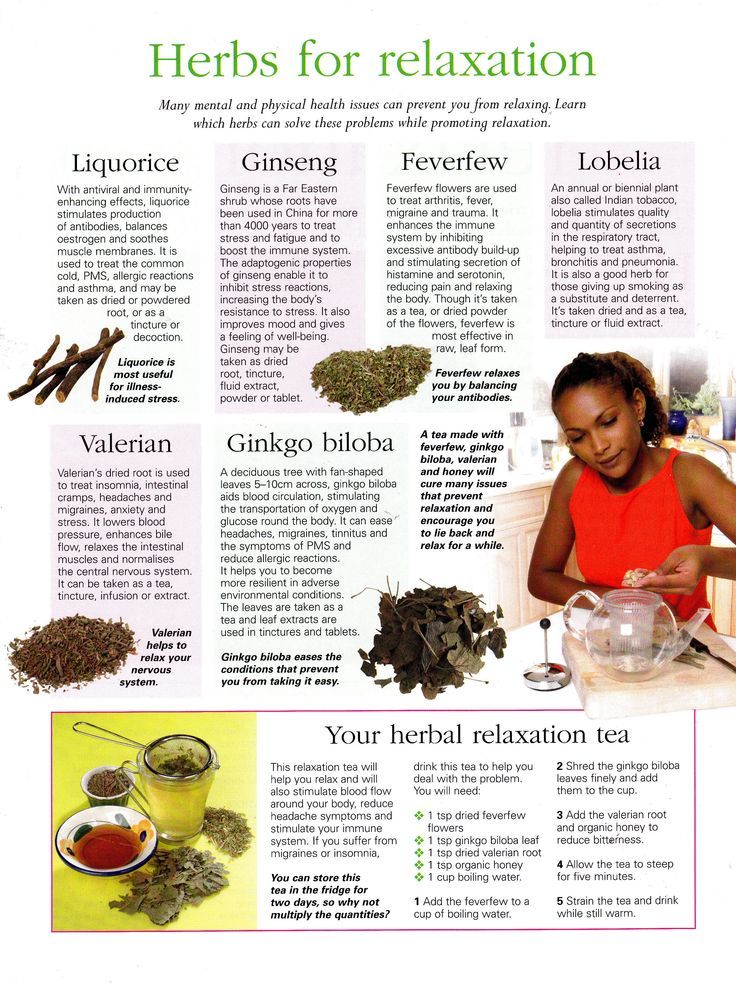
Valerian root is available in the following forms:
- tea
- tablet
- tincture
To date, there have only been a few high quality studies on the effects of valerian. The National Center for Complementary and Integrative Health (NCCIH) state that there is insufficient evidence to determine whether valerian can alleviate anxiety or depression.
Studies suggest that valerian is generally safe. However, the NCCIH note that there is no information on the long-term use or safety of valerian in the following groups:
- pregnant women
- nursing mothers
- children under 3 years of age
People should also be aware that valerian may have a sleep inducing effect. Taking the herb with alcohol or sedatives will add to this effect and could be dangerous.
Lavender is a flowering plant belonging to the mint family. Many people use lavender to help calm the nerves and alleviate anxiety.
People may use lavender in the following ways:
- making tea from the leaves
- using the oil in aromatherapy
- mixing the essential oil into a base oil for massage
- adding the oil or flowers to baths
Lavender essential oil (LEO) contains chemicals called terpenes.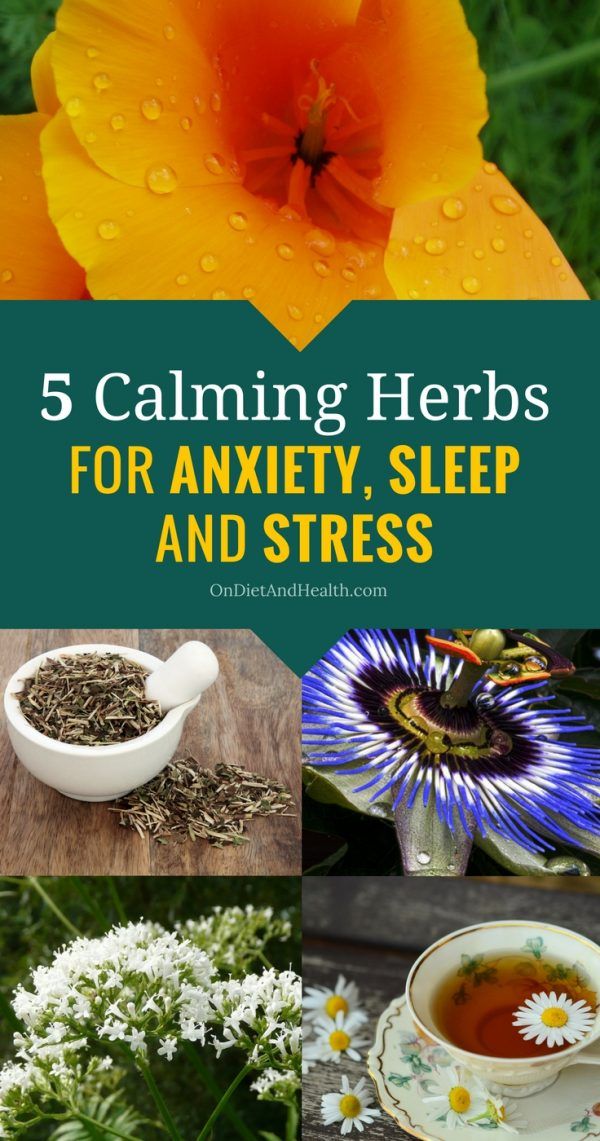 A 2017 review article suggests that two of these terpenes called linalool and linalyl acetate may have a calming effect on chemical receptors in the brain.
A 2017 review article suggests that two of these terpenes called linalool and linalyl acetate may have a calming effect on chemical receptors in the brain.
The review suggests LEO may be an effective short-term treatment for anxiety disorders. However, studies of the long-term effects of LEO are lacking.
Galphimia glauca is a plant species native to Mexico. People traditionally used it as a tranquilizer to reduce anxiety.
A 2012 clinical trial investigated the efficacy of G. glauca as a treatment for GAD. Participants received either G. glauca or the prescription antianxiety medication lorazepam for 12 weeks. Researchers continued to monitor the participants for a further 3 weeks to test for withdrawal symptoms.
Results showed that participants who received a daily dose of 0.175 mg of G. glauca showed a greater reduction in GAD symptoms compared with those who took lorazepam. Both treatments were safe.
According to a 2018 review, the evidence for G. glauca as a treatment for anxiety is promising. However, medical companies have not exploited its potential due to a lack of available plant material.
glauca as a treatment for anxiety is promising. However, medical companies have not exploited its potential due to a lack of available plant material.
Passionflower or Passiflora is a family of plants with around 550 different species. Some studies show that a particular species, P. incarnata, may be effective in treating restlessness, nervousness, and anxiety.
According to an older 2010 review of complementary treatments, some evidence suggests that the antianxiety effects of P. incarnata are comparable to those of benzodiazepines. Benzodiazepines are a class of drug that doctors may prescribe to treat anxiety.
People can take P. incarnata in tablet form or as a liquid tincture.
Kava kava, or simply kava, is a shrub that is native to the islands of the Pacific Ocean. Its scientific name is Piper methysticum.
In the Pacific Islands, people use kava in a ceremonial beverage intended to relieve stress and alter mood.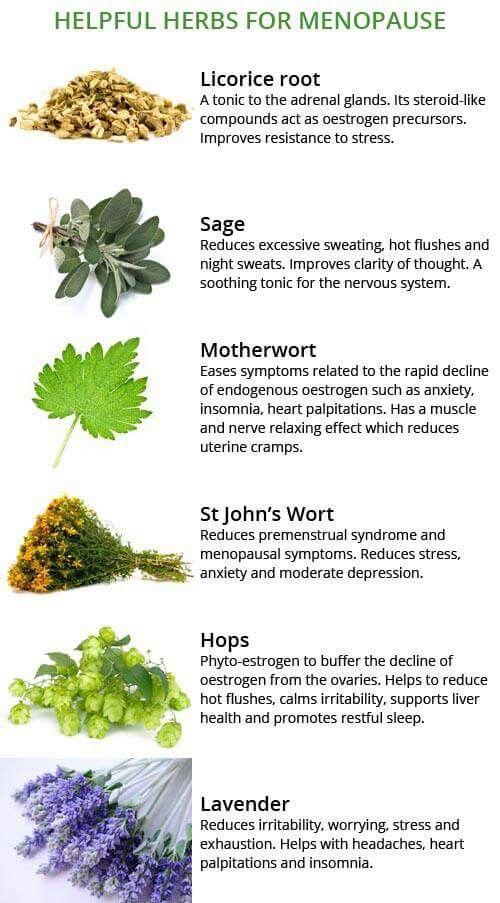
A 2013 placebo-controlled trial investigated the efficacy of kava as a treatment for GAD. The 6-week study involved 75 participants. Each person received one of three treatments: Kava extract at doses of either 120 mg or 240 mg per day, or a placebo.
Participants taking kava showed a significant reduction in anxiety compared with those who received the placebo, suggesting kava may be a moderately effective short-term treatment for GAD.
The study also found kava to be safe.
In 2002, the Food and Drug Administration (FDA) advised that taking supplements containing kava could result in severe liver injury. However, the World Health Organization (WHO) have since indicated that the link between kava and liver toxicity is unclear, saying that scientists need to re-evaluate the data.
People can buy kava as a supplement online or in health food stores.
Cannabidiol (CBD) is one of the active ingredients of the cannabis plant.
Research from 2019 suggests that CBD may have a calming effect on the central nervous system.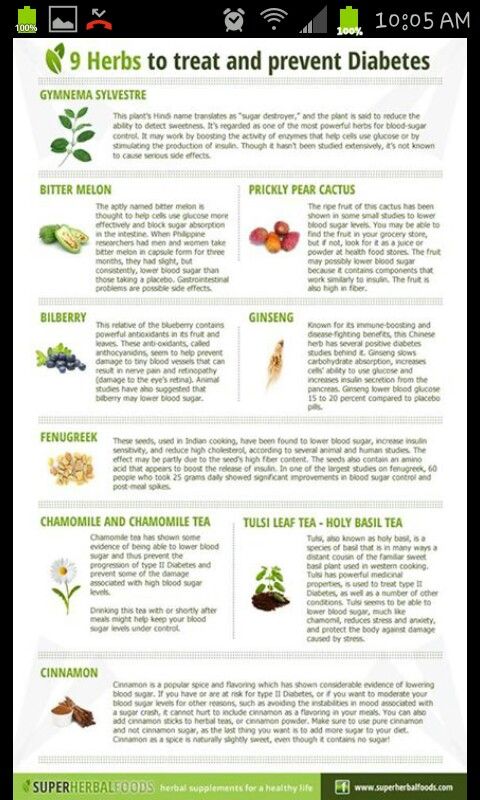
Although the FDA do not currently approve the use of CBD, this natural chemical is widely available in the following forms:
- tablet
- liquid extract
- vape liquid
- topical cream
The study above investigated whether CBD could help to treat anxiety and sleep disorders. Researchers retrospectively analyzed data from 103 adults taking CBD as an additional therapy for anxiety and sleep disorders.
Of the 72 adults they included in the final sample, 57 experienced a decrease in their anxiety scores within the first month of taking CBD. These scores remained low for the 3-month study period.
The researchers concluded that CBD may be beneficial for people with anxiety-related disorders. However, clinical trials are necessary to confirm these results.
Other supplements that may help to alleviate symptoms of anxiety include:
- A combination of the amino acids L-lysine and L-arginine: These amino acids may influence brain neurotransmitters that are involved in stress and anxiety.
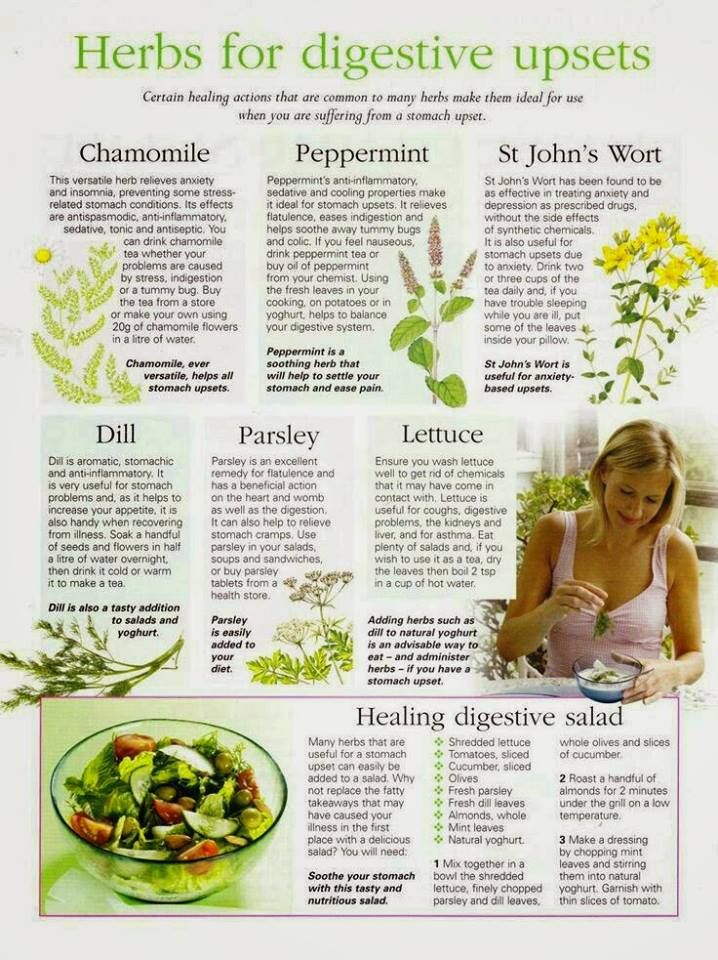
- Magnesium: Taking magnesium in combination with herbs such as kava and St John’s Wort may help to alleviate anxiety.
- Essential fatty acids: These may reduce stress in females who are premenstrual, pregnant, or menopausal.
- High dose sustained-release vitamin C: Females who take this supplement may experience reduced anxiety and a less drastic increase in blood pressure in response to stress.
Many herbs can interact with over-the-counter (OTC) and prescription medications. Some can increase or reduce the effects of certain drugs, potentially causing serious health effects.
People taking any kind of medication should consult their doctor or pharmacist before beginning herbal supplements.
They should also be aware that herbal remedies can take longer to start working than prescription medications.
If a person needs more advice about an herbal product, they should consult a qualified herbalist about brand, strength, and quantity.
The FDA does not monitor herbal remedies, so there are potential safety concerns for herbs that have mislabeling or contamination with heavy metals.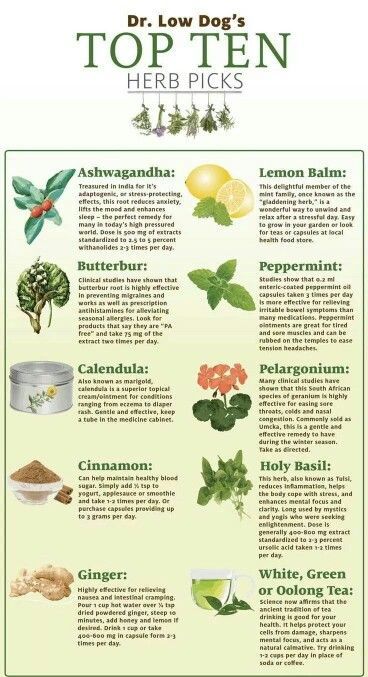
People have been using herbs for thousands of years to treat many health conditions. Scientific studies indicate that certain herbs may help to alleviate the symptoms of anxiety.
As with prescription medications, some herbal products can cause side effects. Herbal products may also take longer to begin working. People must consider these factors when weighing up the pros and cons of a particular treatment.
There can be serious interactions between certain herbs and medications. A person who is taking any kind of medication should consult their doctor before they begin taking herbal products.
Read the article in Spanish.
8 herbs and supplements to help treat depression
Depression is a serious mood disorder with symptoms that range from mild to debilitating and potentially life-threatening. Some people look to manage depression with herbal remedies, rather than with medication a doctor prescribes.
The most recent data from the National Institute of Mental Health suggest that in the United States, 6.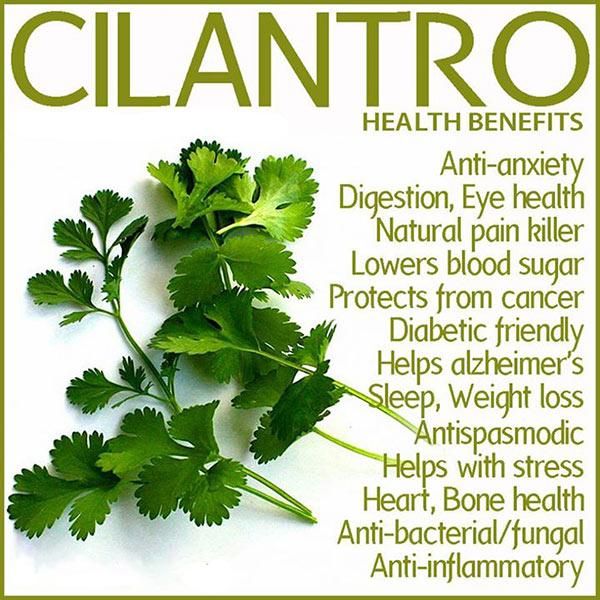 7 percent of people experienced a major depressive episode in 2016.
7 percent of people experienced a major depressive episode in 2016.
Medications and counseling are conventional ways to alleviate the symptoms of depression. However, some herbs and supplements may also help.
In this article, we look at the common herbs and supplements with links to the treatment of depression and discuss their safety and effectiveness.
Share on PinterestSome herbs, essential oils, and supplements have shown promising effects for people with depression.The use of complementary therapies continues to gain popularity, as people look for more natural methods of managing their health.
However, herbal does not always mean safe or effective, and knowing which products to choose can save a lot of time and money.
In the United States, the Food and Drug Administration (FDA) do not monitor herbs in the same way as food and drugs. As a result, manufacturers are not always 100 percent clear about the quality or purity of their product.
Research suggests promise for some supplements in treating mild-to-moderate depression.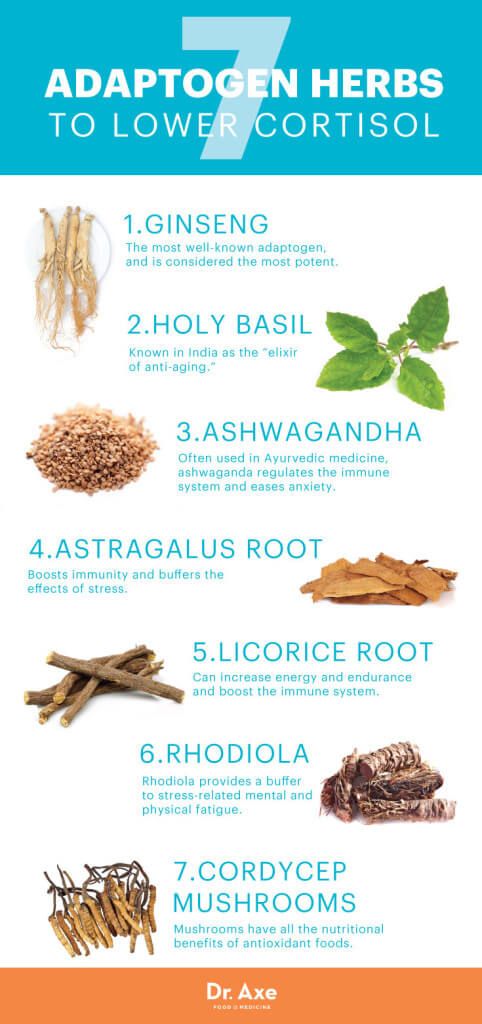 These are some of the supplements that people most widely use:
These are some of the supplements that people most widely use:
1. St. John’s wort
St. John’s wort is also known as Hypericum perforatum. This plant has been a common herbal mental health treatment for hundreds of years. However, people must use caution if they chose to try it as a potential treatment for depression.
A 2016 systematic review found that St. John’s wort was more effective than a placebo for treating mild to moderate depression and worked almost as well as antidepressant medications.
However, this review of eligible studies did not find research on the long-term effects of St. John’s wort on severe depression.
The authors also advised caution against accepting the results wholesale, as the herb has adverse effects that many of the studies did not consider.
St John’s wort can also interfere with the effects of antidepressant medication, meaning that it may make symptoms worse or reduce the effectiveness of conventional treatment.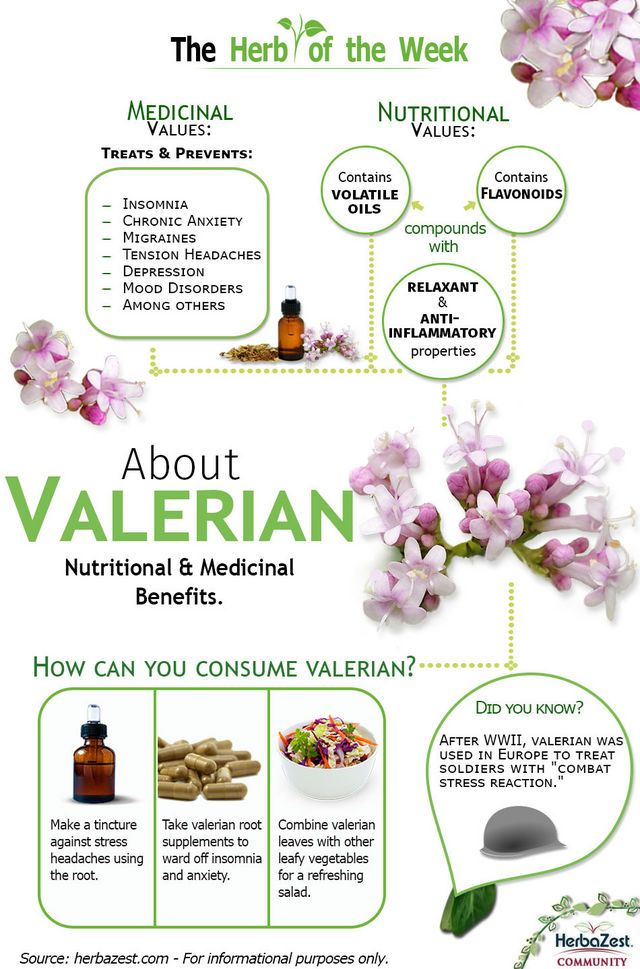
While St. John’s wort might help some people, it does not show consistently beneficial effects.
For these reasons, people should not use St. John’s wort instead of conventional treatment. Neither should they try St. John’s wort to treat moderate to severe depression.
2. Ginseng
This supplement comes from the gnarled root of the American or Asian ginseng plant. Siberian, Asian, and Eleuthero ginseng are different plants with different active ingredients.
Practitioners of Chinese medicine have used ginseng for thousands of years to help people improve mental clarity and energy and reduce the effects of stress.
Some people associate these properties of ginseng with potential solutions for the low energy and motivation that can occur with depression.
However, the National Center for Complementary and Integrative Health (NCCIH) advise that none of the many studies that people have conducted on ginseng have been of sufficient quality to form health recommendations.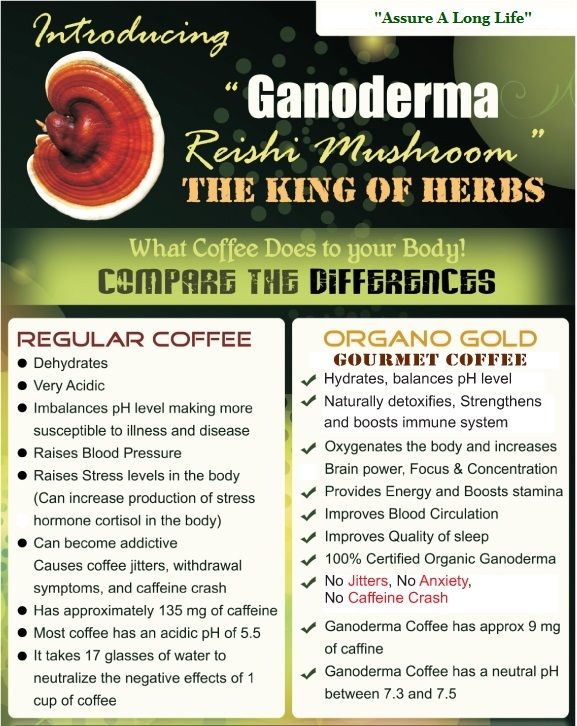
3. Chamomile
A study in 2012 reviewed data about chamomile, which comes from the Matricaria recutita plant, and its role in helping to manage depression and anxiety.
The results show that chamomile produced more significant relief from depressive symptoms than a placebo. However, further studies are necessary to confirm the health benefits of chamomile in treating depressive symptoms.
4. Lavender
Lavender oil is a popular essential oil. People typically use lavender oil for relaxation and reducing anxiety and mood disturbances.
A 2013 review of various studies suggested that lavender might have significant potential in reducing anxiety and improving sleep.
Lavender has mixed results in studies that assess its impact on anxiety. However, its effectiveness as a treatment for ongoing depression has little high-quality evidence in support at the current time.
5. Saffron
Some studies cite using saffron as a safe and effective measure for controlling the symptoms of depression, such as this non-systematic review from 2018.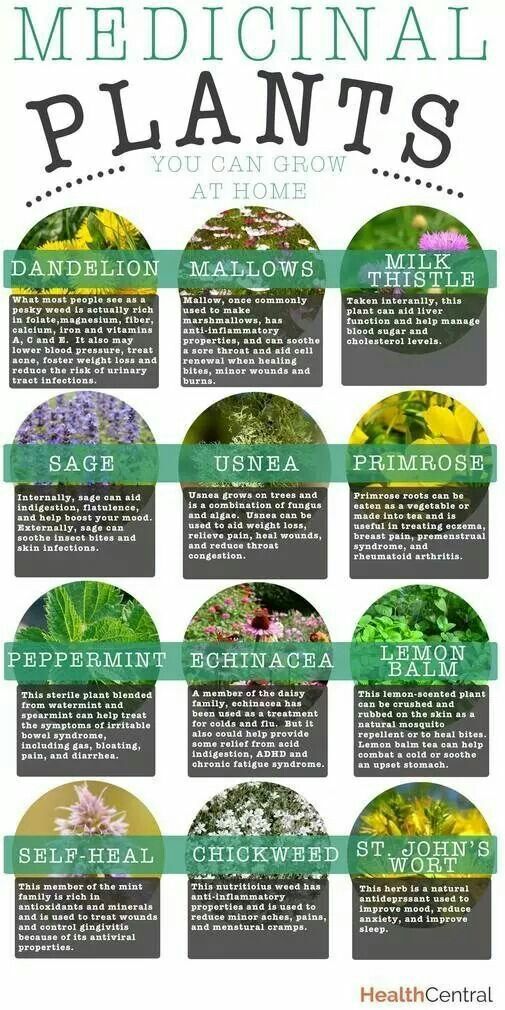
However, more research would help confirm the possible benefits of saffron for people with depression. Scientists also need to understand any possible adverse effects better.
6. SAMe
Share on PinterestSome supplements have shown promising effects on depression symptoms. However, many investigations confirming their benefits are low quality.SAMe is short for S-adenosyl methionine. It is a synthetic form of a chemical that occurs naturally in the body.
In 2016, researchers reviewed all the randomized controlled trials on record for the use of SAMe to treat depression in adults. They found no significant difference between the effects of SAMe on depression symptoms and those of a placebo.
However, they also found that SAMe had about the same effectiveness as the common antidepressants imipramine or escitalopram. Furthermore, it was better than a placebo when the researchers mixed SAMe with selective serotonin reuptake inhibitor medications.
As with many other studies into herbs and supplements, the investigations into the safety and efficacy of SAMe are of low quality.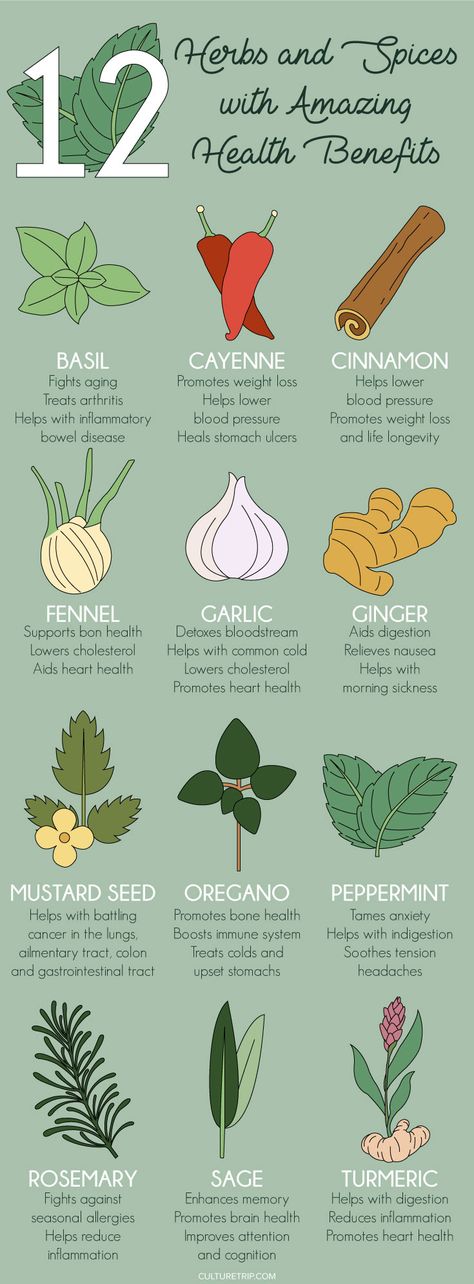 More research is necessary to determine its exact effect.
More research is necessary to determine its exact effect.
People use the supplement in Europe as a prescription antidepressant. However, the FDA have not yet approved this for use in the U.S.
7. Omega-3 fatty acids
In a 2015 systematic review, researchers concluded that omega-3 fatty acid supplements are not useful across the board as a depression treatment.
While the study authors reported no serious side effects from the supplement, they also advised that it would only be an effective measure in treatment for depression that was due to omega-3 deficiency.
8. 5-HTP
Also known as 5-hydroxytryptophan, this supplement may be useful in regulating and improving levels of serotonin in the brain. Serotonin is the neurotransmitter that affects a person’s mood.
5-HTP has undergone a number of animal studies, and some, such as this review from 2016, cite its potential as an antidepressant therapy. However, evidence of its effects in human subjects is limited.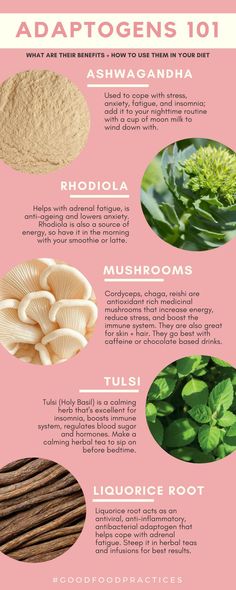
5-HTP is available as an over-the-counter (OTC) supplement in the U.S. but may require a prescription in other countries.
More research is necessary, especially regarding concerns that it may cause serotonin syndrome, a serious neurological complication if a person takes 5-HTP in excess.
Supplement manufacturers do not have to prove that their product is consistent. The dose on the bottle may also be inaccurate.
People should ensure they purchase herbs and supplements from a trusted manufacturer.
The symptoms of depression include:
- feelings of sadness or hopelessness
- frustration and irritability
- loss of interest in hobbies or activities that usually provide pleasure
- sleep issues, whether too much sleep or insomnia
- fatigue
- changes in appetite
- trouble concentrating
- thoughts of death or suicide
- physical symptoms, including headache and backache
Doctors consider that a person must experience at least 5 of these symptoms, to a disruptive extent, for at least 2 weeks to meet the criteria for a diagnosis of depression.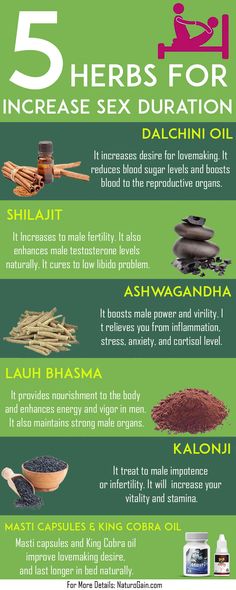
Share on PinterestSeek medical assistance if depression symptoms interfere with daily living.
If a person feels any of these symptoms to the point that it interferes with daily living, they should seek help from their doctor.
Medication and therapies can help a person who is experiencing depression. People are advised not to rely on herbs or supplements as a standalone line of treatment.
Depression typically becomes worse over time and requires treatment to avoid its more severe complications.
Anyone having thoughts about suicide or self-harm should immediately seek emergency help, either with their doctor or local hospital or by calling the Suicide Prevention Lifeline (1-800-273-TALK).
If a loved one or friend may be at risk of attempting suicide, stay with that person and call for emergency assistance immediately.
Herbal and natural supplements may work well for some people. However, they are not an adequate substitute for conventional treatment or for people who face a risk of suicide or self-harm.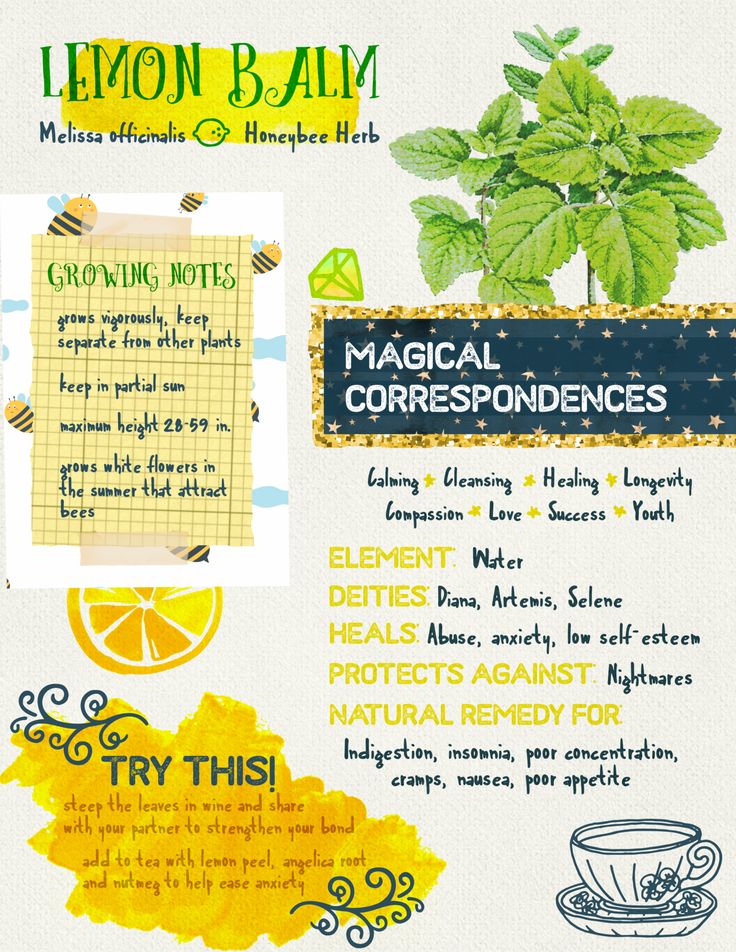
A person taking herbal supplements must inform their doctor, as these have the potential to cause side effects and interact with other drugs.
Depression is a treatable illness, but an individual may need to try a few different options when working out which treatment is most effective.
Q:
Is marijuana proven to help depression?
A:
That is a complex answer, and the research is mixed. When marijuana activates the cannabinoids in the brain, symptoms of depression should improve.
However, current research suggests that smoking marijuana increases apathy and social withdrawal. If you don’t care as much, the symptoms of depression might not seem so bad.
Research does not show that marijuana causes depression, but those who have depression use marijuana more commonly. For people who are self-medicating with marijuana, depression symptoms and alcohol use both increased.
Depression may present a risk for increased substance abuse, including marijuana.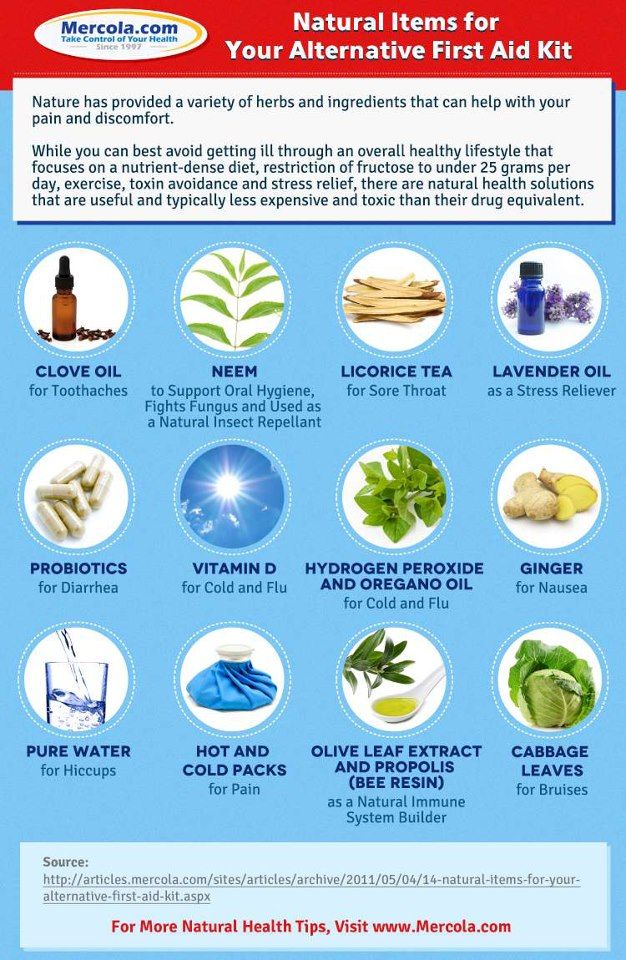 Motivation is lower with marijuana when someone has depression
Motivation is lower with marijuana when someone has depression
For those who have depression, research has shown that marijuana use is a barrier to improving their symptoms and seeking mental health care. More research is needed to understand marijuana as a treatment for depression better.
Debra Rose Wilson, PhD, MSN, RN, IBCLC, AHN-BC, CHTAnswers represent the opinions of our medical experts. All content is strictly informational and should not be considered medical advice.
What herbs will help overcome anxiety and depression
Rating of Articles:
Font Size:
Date of publication:
16 July 2019
Date of editing:
02DEK2021
Views:
952
Reading:
2 minutes
Many people are familiar with depression and anxiety, and it is not always necessary to take medication to improve their condition - in most cases, medicinal plants will help.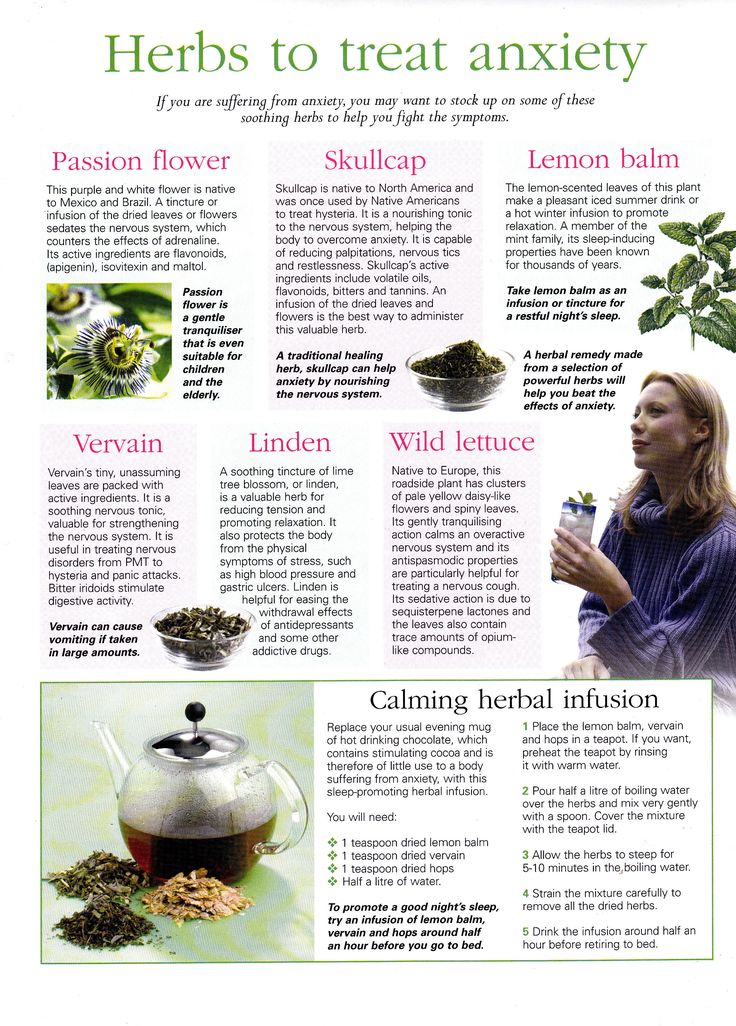 Decreased interest, constant fatigue, lack of energy, insomnia, constant tension are symptoms that everyone has experienced. Depression has many faces and symptoms can vary. And these are not always traits of a person’s character, but a disease that can be treated. nine0003
Decreased interest, constant fatigue, lack of energy, insomnia, constant tension are symptoms that everyone has experienced. Depression has many faces and symptoms can vary. And these are not always traits of a person’s character, but a disease that can be treated. nine0003
That state when a person experiences a constant feeling of guilt, does not see any prospects, completely gives up - it is these symptoms that make you think: is it worth going to a good medical center in Strogino to consult a therapist and identify possible disorders in the body, such like beriberi, problems with the nervous system or chronic diseases.
Medicinal preparations and herbs come to the aid of psychotherapists, which, unlike chemical antidepressants, do not have side effects, do not cause addiction, allergies and heart problems. nine0003
- St. John's wort can restore the body's defenses - this plant effectively fights viruses and bacteria. St. John's wort is able to increase pressure, libido.
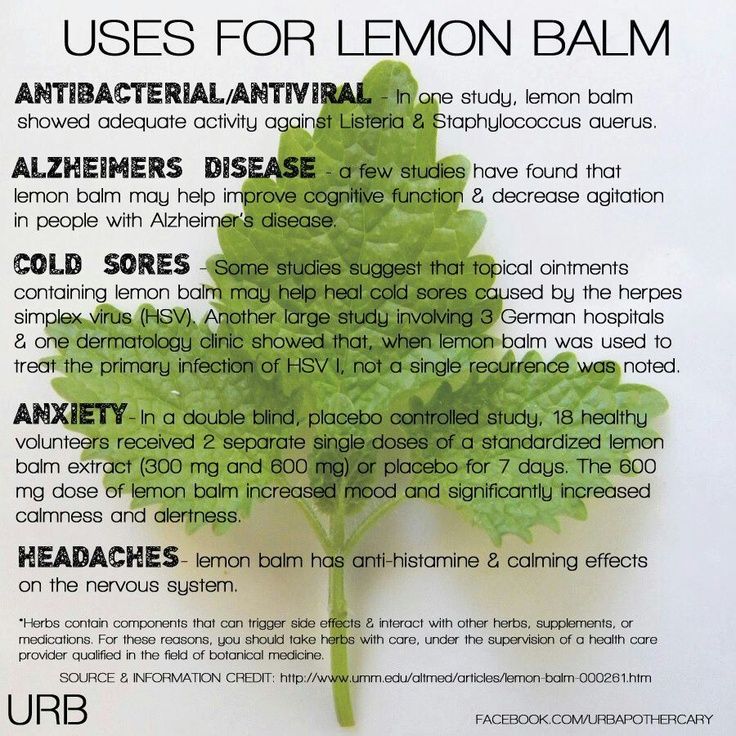 St. John's wort is effective for postpartum depression. But the plant is contraindicated for people with high blood pressure and special skin sensitivity to sunlight. Scientists in more than 60 studies have proven that this plant is a unique antidepressant.
St. John's wort is effective for postpartum depression. But the plant is contraindicated for people with high blood pressure and special skin sensitivity to sunlight. Scientists in more than 60 studies have proven that this plant is a unique antidepressant. - Herb sage. Sage is included in most herbal preparations that help fight depression, have a calming effect; sage is prescribed for insomnia, to increase body tone and performance. The plant perfectly fights infections in the oral cavity, copes with diseases of the upper respiratory tract, genital organs, is able to eliminate inflammation in the joints, and sage also alleviates menopause and has a beneficial effect on the treatment of infertility. nine0029
- Ginseng. Ginseng is a natural adaptogen and a powerful antidepressant. Ginseng is almost the main drug used in Chinese medicine, it is not for nothing that you can get rid of many health problems and eliminate the impact of adverse environmental factors with its help.
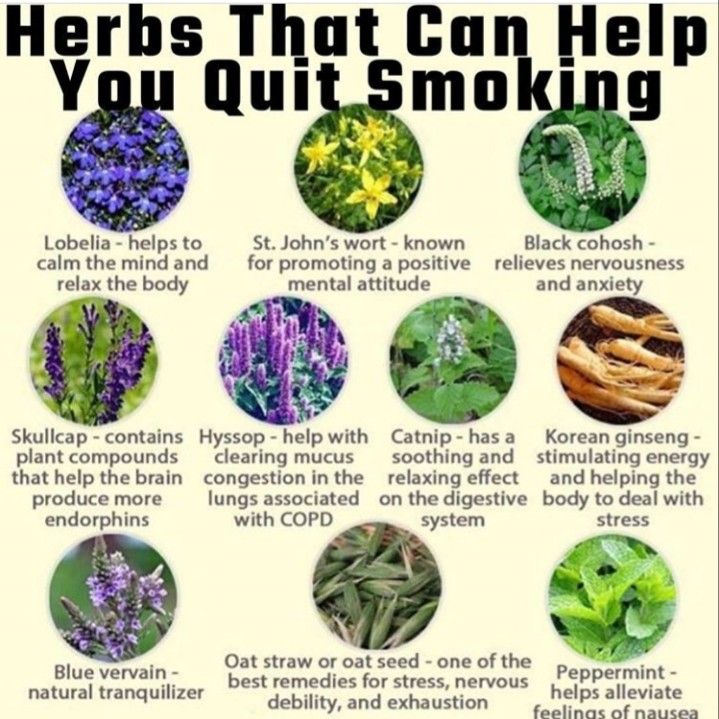 The natural restructuring of the body allows you to better tolerate aggressive external influences, fight lowered immunity and conditions that are associated with depression. nine0034
The natural restructuring of the body allows you to better tolerate aggressive external influences, fight lowered immunity and conditions that are associated with depression. nine0034 -
1 liter of water;
-
1 lettuce leaf;
-
350 g broccoli.
- Boil water, add chopped lettuce and broccoli. Cover the pot with a lid and let it brew for about 20 minutes. Strain and drink this infusion instead of water for 5 days. nine0029
- Pour water into a saucepan along with St.
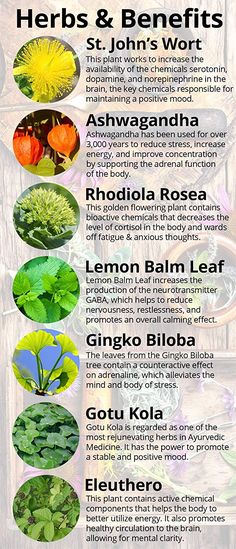
Services
Back
3 herbal drinks to relieve anxiety
Herbal tea helps with anxiety.
Photo: pexels.com
Natural herbs and their products have a calming effect on the nervous system of any person.
Anxiety causes nervous tension, fear, bad thoughts. A person who is constantly on an emotional platoon has an increased heart rate and shortness of breath. Treatment is with antidepressants and anti-anxiety medications, physical activity and meditation. nine0025
But before you turn to medicine, try to get rid of anxiety in natural ways. Some plants contain compounds that act on the nervous system, help you relax and promote a sense of well-being.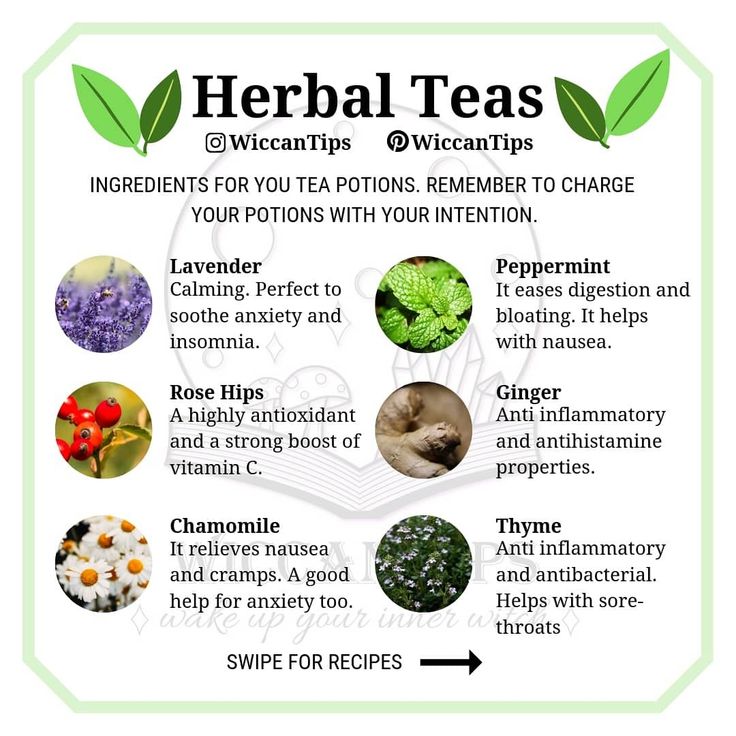
3 Herbal Home Remedies for Anxiety
1. Broccoli and lettuce. An excellent natural remedy for anxiety is broccoli and lettuce. They both have calming properties that reduce stress and excitability of the central nervous system. nine0003
Ingredients:
Cooking method:
2. St. John's wort tea. An excellent remedy for anxiety is St. John's wort. It has calming and sedative properties. Effectively act on the central nervous system, helps with anxiety.
Ingredients:
Cooking method:

